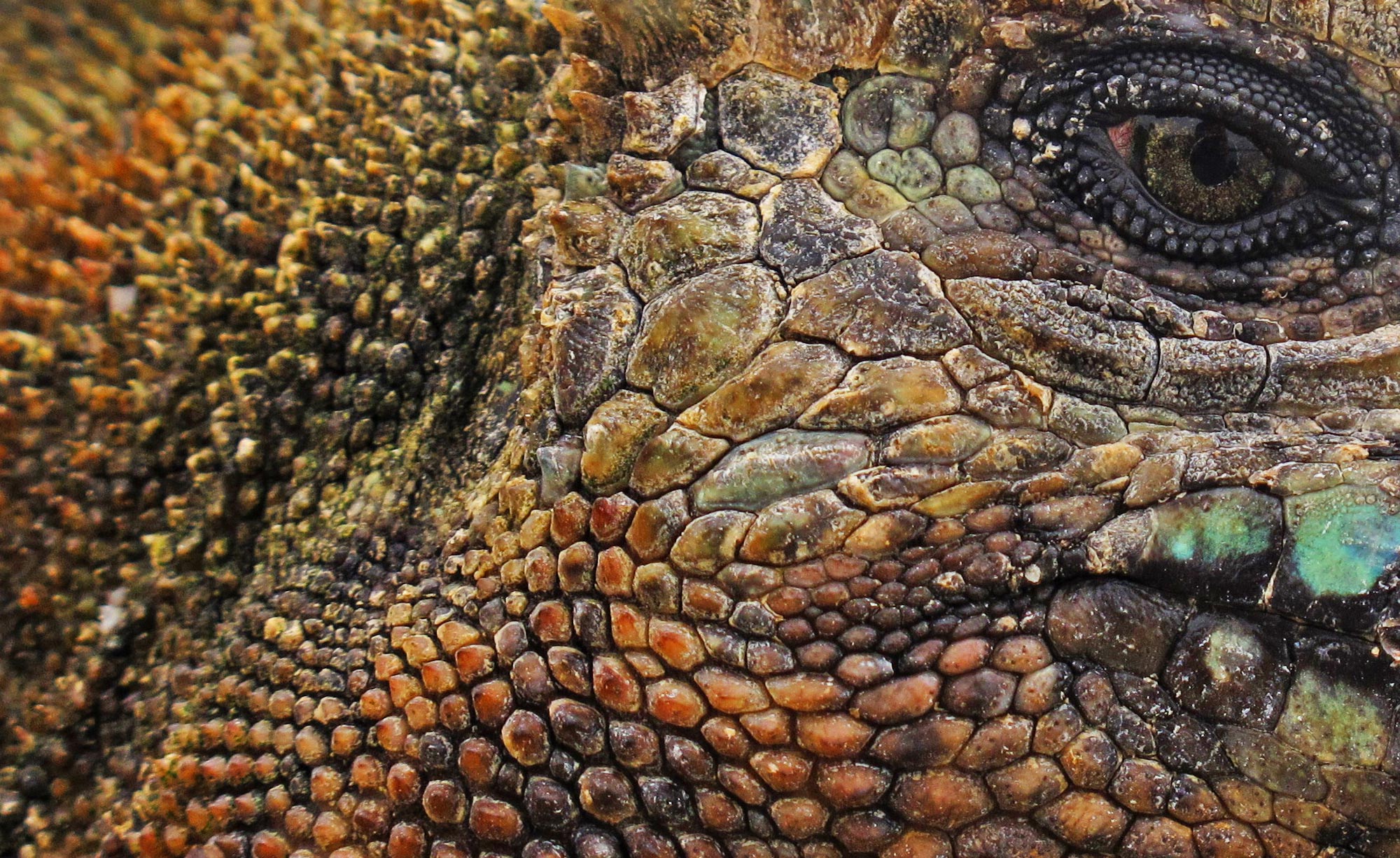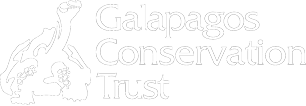Population Growth and Land Zoning
The Galapagos Islands are famous for plant and animal life which has been there for thousands of years before human beings appeared on the islands. As the population of the Islands grow, it is important to monitor the impact of the human population on the environment. Where do people live in Galapagos and how is […]



